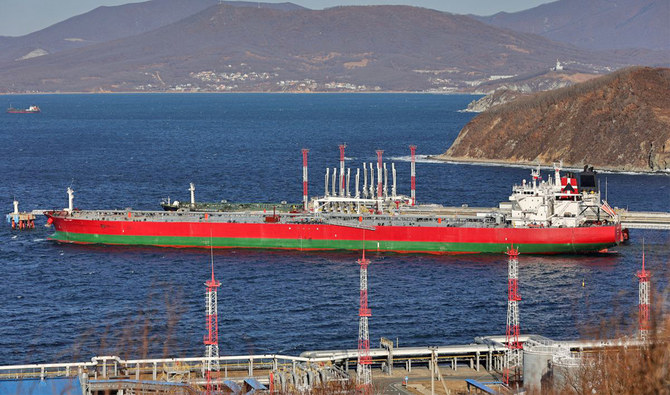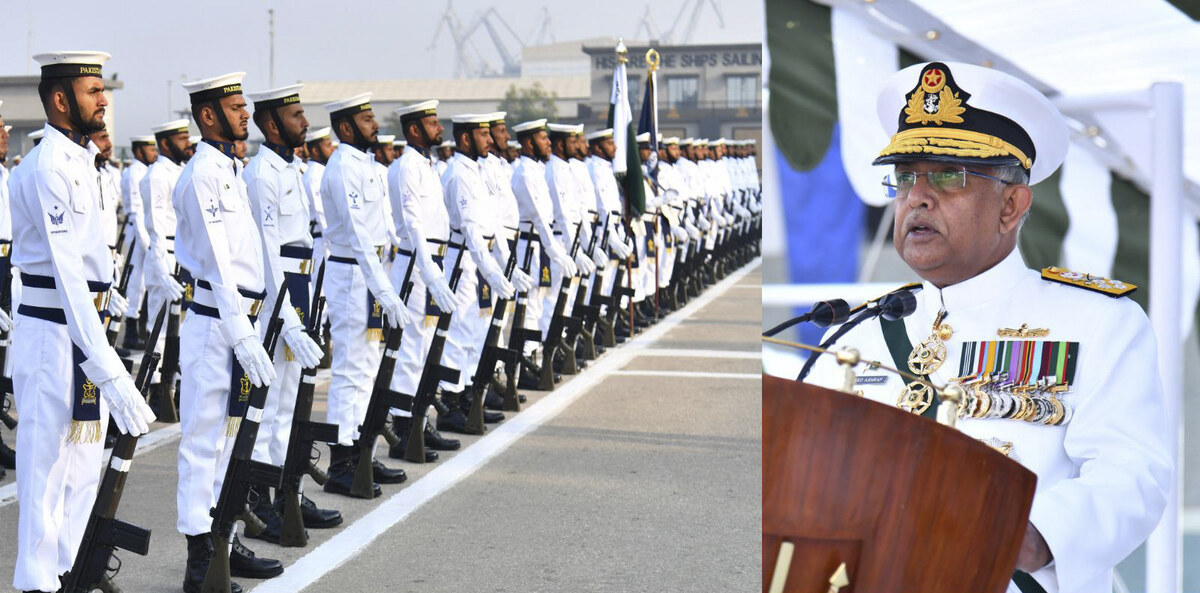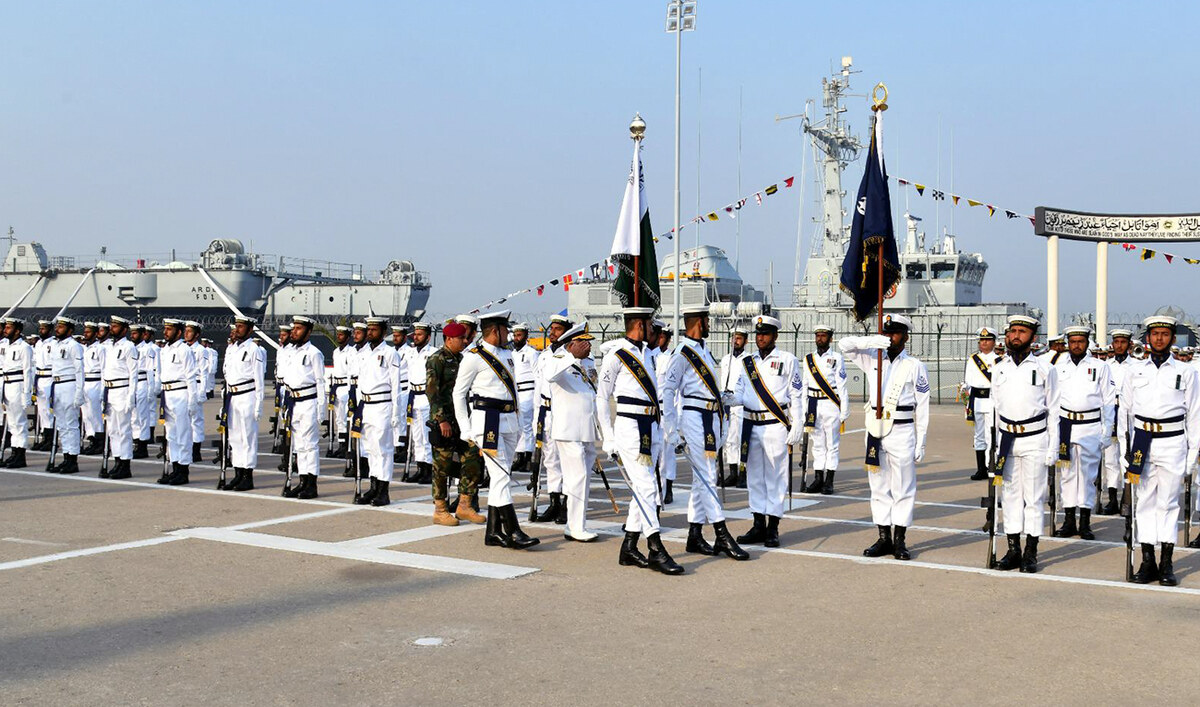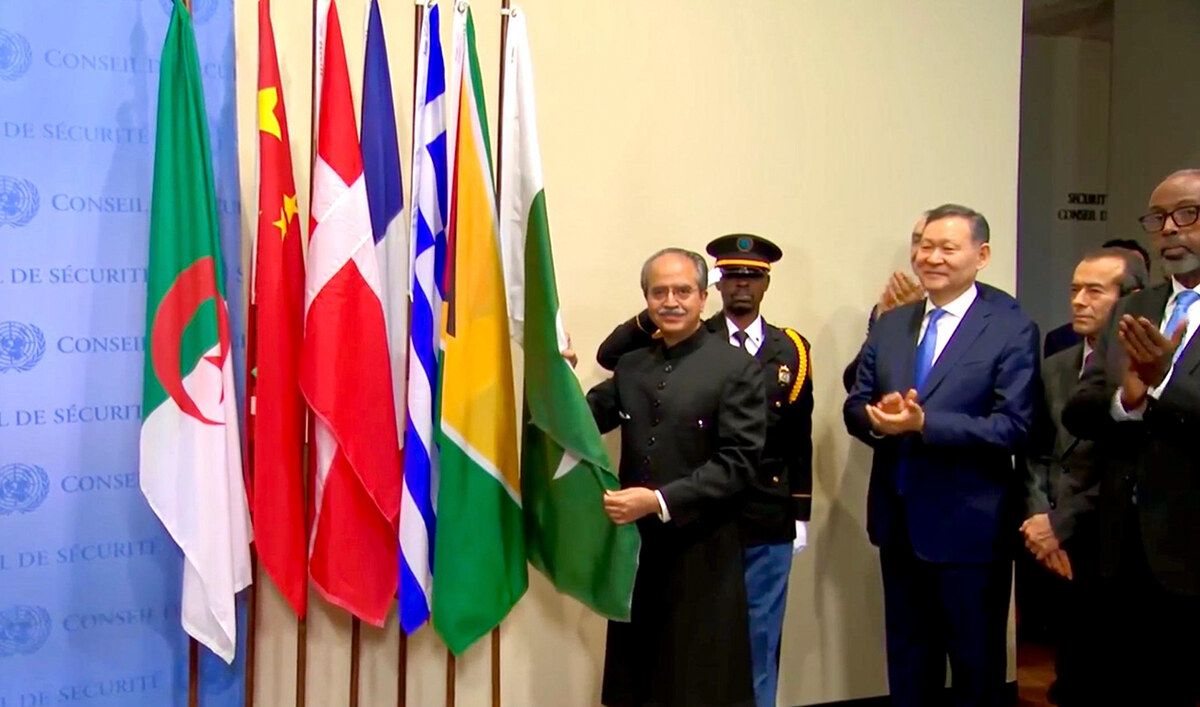ISLAMABAD: Russia has offered to supply blended crude oil as part of its 100,000 barrels per day oil supply to Pakistan, a local media report said on Friday.
Pakistan’s State Minister for Petroleum Musadik Malik said earlier this month the country would buy discounted crude from Russia. Financial analysts have estimated energy imports, including crude oil and refined products from Russia, could save Pakistan about $3 billion a year.
Pakistan’s energy imports during the last fiscal year were $23.3 billion or 29 percent of its total imports. The South Asian country has been facing a severe balance of payment crisis amid dwindling forex reserves and currency depreciation, forcing it to look for cheaper sources to meet its growing energy demand.
According to The News, an English-language broadsheet, Russia made the offer to sell blended crude oil to Pakistan during a virtual meeting between officials of the two sides.
The Pakistani side was led by Malik, which comprised senior officials of the Petroleum Division and representatives of the oil sector.
The Pakistani officials told the Russian team that Islamabad wanted gas, petroleum products and investment in infrastructure.
The Russians said they were “ready to work with them” and would further discuss the issue when a delegation from Russia arrived in Pakistan during the third week of January.
“They further said that Russia would supply 100,000 barrels of crude oil to Pakistan on a daily basis,” the newspaper reported.
The Pakistani authorities told the Russian team the country’s oil refineries were hydro-skimming facilities that could only process light crude oil.
“The Russian authorities said that if the Pakistani refineries are not capable of processing one crude oil, they can provide them blended crude oil,” the publication added.
Officials at Pakistani refineries told Arab News earlier this year the country could only process up to 30 percent of Russian varieties of crude oil due to “technical and operational constraints.”
A top refinery official also said it would be difficult to make payments to Russia, “given how their LCs [letters of credit] would be processed as Russian banking channels are closed for international payments.”




















